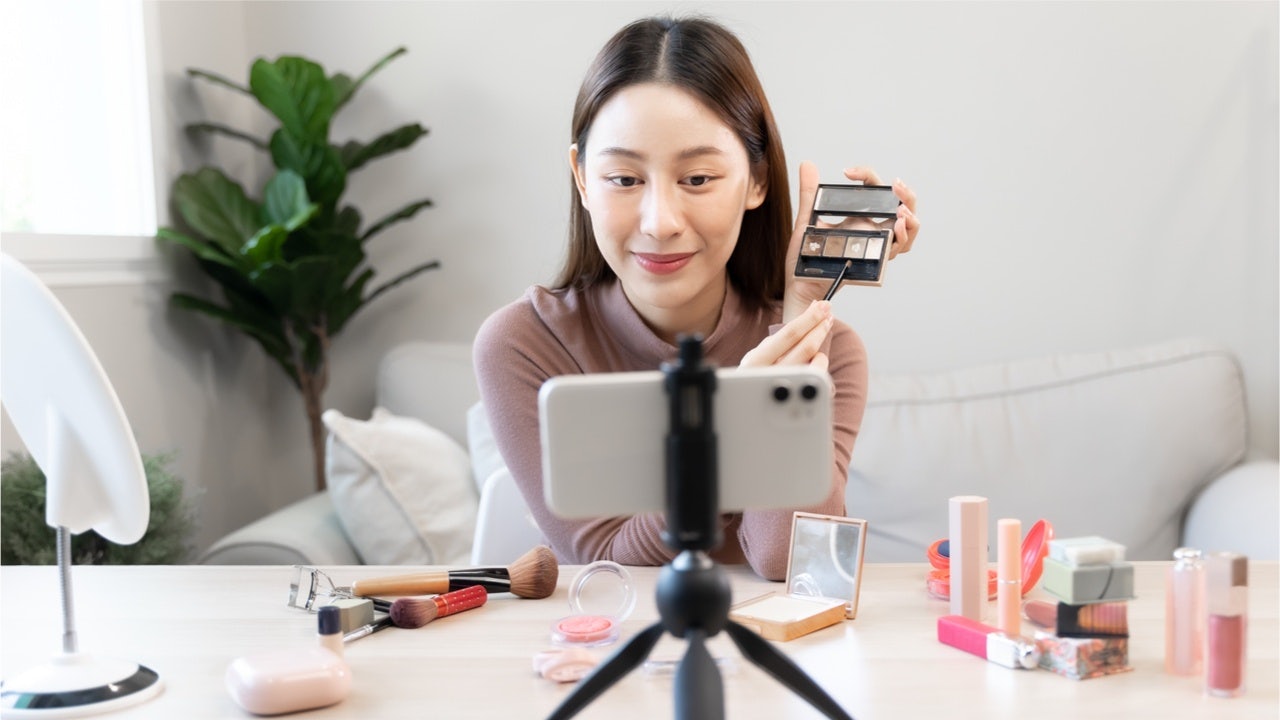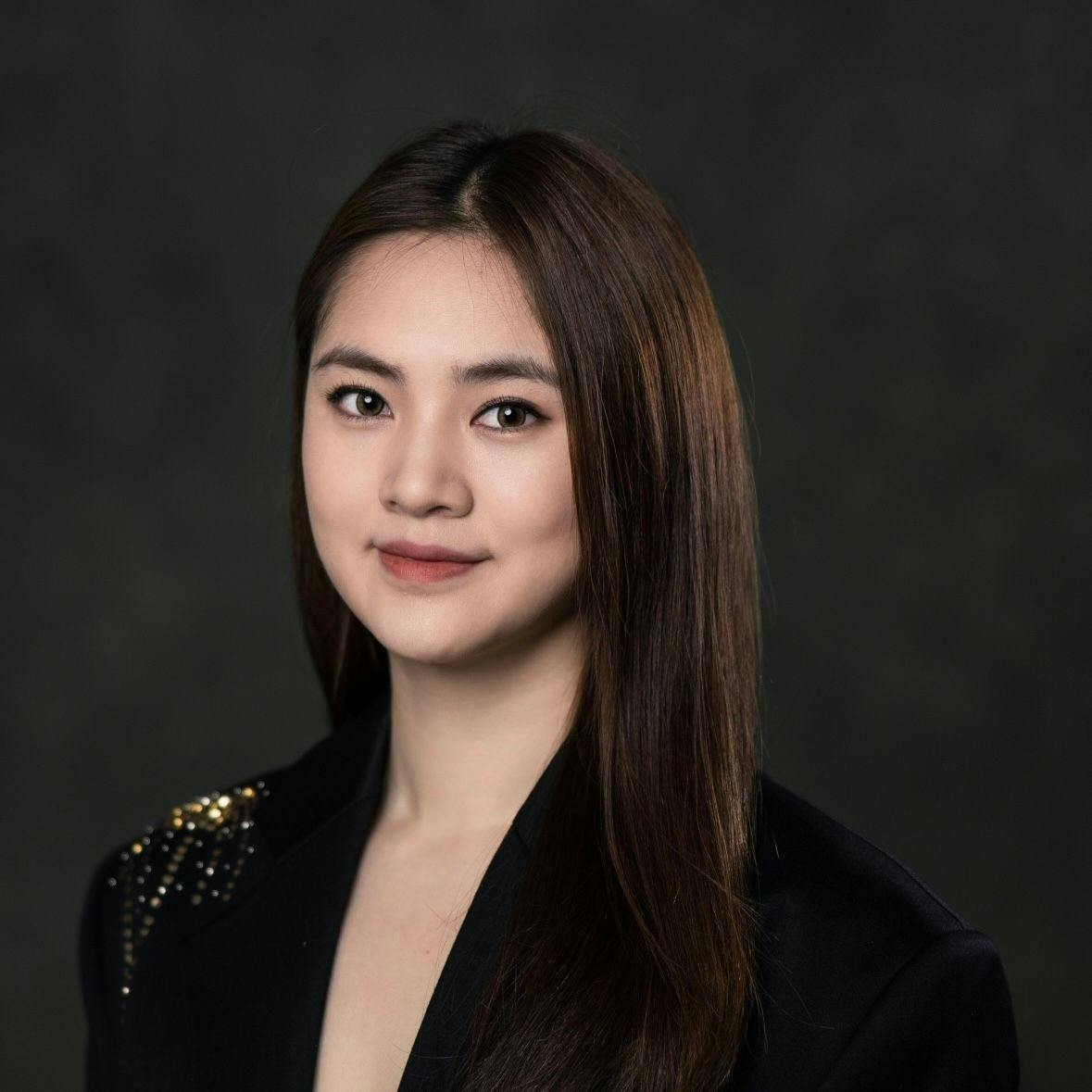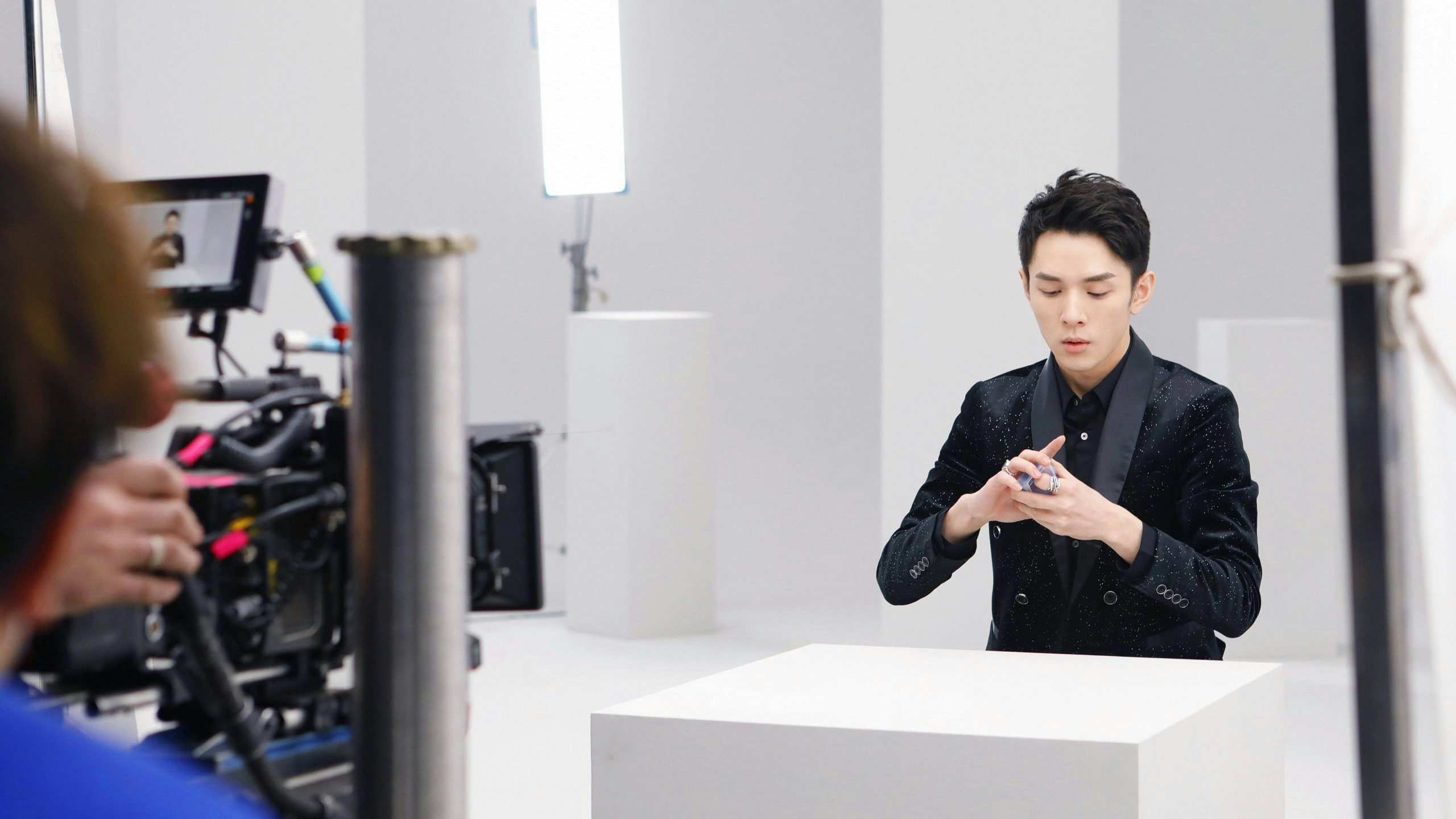What happened
Alibaba’s online marketplace Taobao continues to defend its leading position in China’s e-commerce livestream arena. According to the "2022 Taobao Livestream Annual New Consumption Trend Report" released in collaboration with local research institution iResearch, Taobao's livestream platform has accumulated more than 50 billion viewers since its establishment in 2016. In 2021, the average viewing time for livestreams on the site increased by 25.8 percent, and the top three categories ranked by gross merchandise volume recorded via livestream were women’s apparel, beauty, and jewelry.
The Jing Take
Online sales channels are becoming increasingly important for luxury houses, given that COVID control regulations have disrupted the operation of brick-and-mortar stores in China and local shoppers have shifted towards e-commerce. In the past two years, discerning brands have built up their own livestream channels, in addition to betting on top hosts like Li Jiaqi. And the beauty lines of luxury players such as Dior, Gucci, and Armani are leading the game. According to Taobao, over 90 percent of luxury beauty brands tapped into livestreaming, and revenues garnered via their brand-owned channels saw 187 percent year-on-year growth as of March 2021.
Luxury houses with high price ranges are usually more prudent when it comes to curating content on their livestreams. For example, Burberry rolled out a mother and child themed livestream session on Tmall last year that was distinct from typical livestreams. Instead of using hard-selling tricks, the program shared shopping experiences from the perspectives of the hosts (also mothers), in addition to introducing Burberry’s house legacy and styling tips for children.
In March, Tmall Luxury Pavilion launched a virtual consultant feature that imitates the VIP Rooms at offline luxury stores, offering exclusive shopping guides and one-on-one livestreams to showcase the products. Brands like Burberry and Cartier have now incorporated this feature into their Tmall flagships. However, whether livesteaming can become luxury's cash cow in the future depends on how brands create exclusive online services and deliver a seamless virtual shopping experience.
The Jing Take reports on a piece of the leading news and presents our editorial team’s analysis of the key implications for the luxury industry. In the recurring column, we analyze everything from product drops and mergers to heated debate sprouting on Chinese social media.


